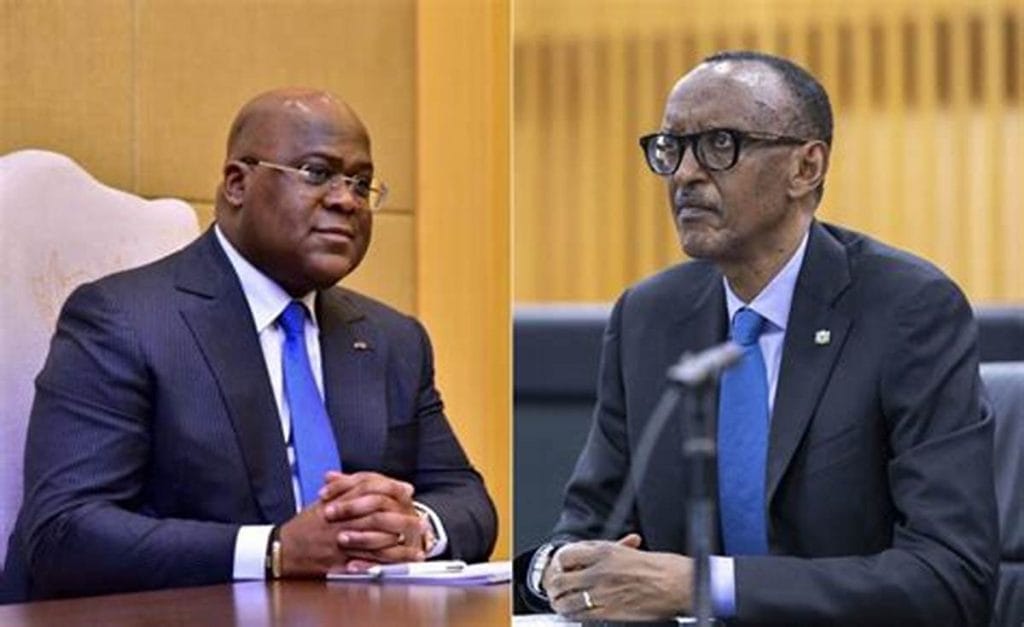The United States is working to broker a historic peace deal between the Democratic Republic of Congo (DRC) and Rwanda, with plans to sign the agreement at the White House in two months. Alongside the peace accord, the U.S. is seeking to finalize substantial mineral investment deals, expected to inject billions of dollars into mining and infrastructure projects across the region.
Massad Boulos, senior advisor for Africa to President Donald Trump, confirmed the initiative during an interview in Doha. According to Boulos, the signing ceremony will involve a dual agreement: one for Congo, which is poised for significant investment due to its extensive mineral resources, and another for Rwanda, which will also receive investment tailored to its mining sector.
This diplomatic push comes as violence escalates in eastern Congo, where M23 rebels, allegedly supported by Rwanda, have made significant territorial gains. While Rwanda denies backing the group, the renewed conflict has brought attention to the region’s vast mineral wealth, which includes valuable resources like tantalum, gold, and coltan.
The two nations are set to submit separate drafts of the peace agreement this week, as part of a broader diplomatic framework negotiated in Washington last week. A meeting between U.S. Secretary of State Marco Rubio and the foreign ministers of both countries is scheduled for mid-May, where the final details of the peace deal will be discussed.
Before the peace deal can be finalized, however, Boulos emphasized that both countries must conclude bilateral agreements with Washington. These agreements will pave the way for significant Western investments in Congolese mining operations, as well as the establishment of mineral processing facilities in Rwanda.
“While the deal with the DRC is expected to be much larger due to its resources, Rwanda also has substantial potential in mining, not only in extraction but in processing and refining,” Boulos explained.
Boulos also highlighted that U.S. and Western companies are prepared to invest billions of dollars in the region once these economic agreements are in place.
However, security concerns must first be addressed. The U.S. expects Rwanda to withdraw its forces from Congolese territory and cease support for M23 rebels. In return, Congo must address Rwanda’s security concerns, particularly regarding the presence of militias like the Democratic Forces for the Liberation of Rwanda (FDLR).
A monitoring committee, including representatives from the U.S., Qatar, France, and Togo, has been established to oversee the implementation of the peace process and ensure both countries meet their obligations.
The potential agreement signals a new chapter for a region long plagued by conflict. If successful, it could not only stabilize the political landscape but also lay the foundation for long-term economic growth, fueled by significant foreign investment.



